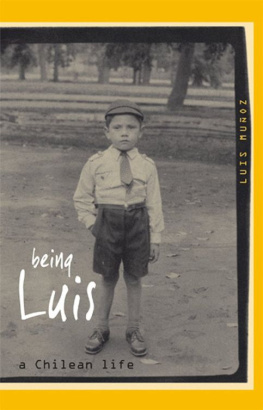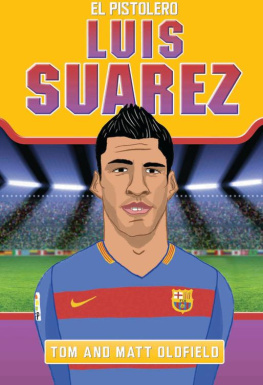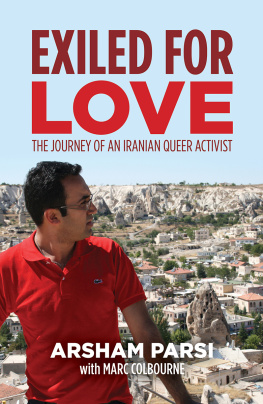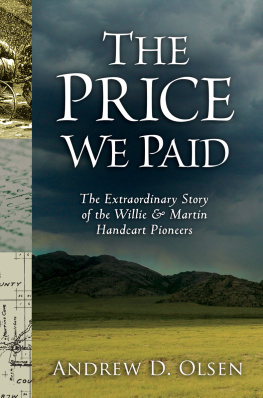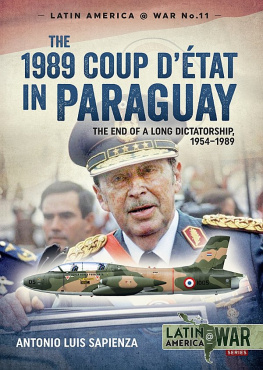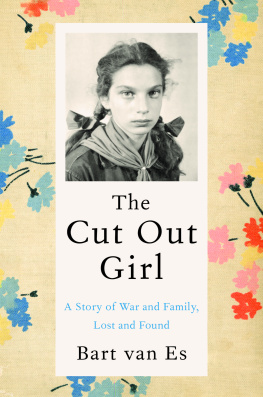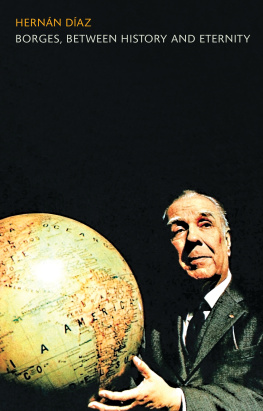First published in 2005
by Impress Books, Innovation Centre, Rennes Drive, Exeter, EX4 4RN
This ebook edition first published in 2011
All rights reserved
Luis Muoz, 2005
The right of Luis Muoz to be identified as author of this work has been asserted in accordance with Section 77 of the Copyright, Designs and Patents Act 1988
This ebook is copyright material and must not be copied, reproduced, transferred, distributed, leased, licensed or publicly performed or used in any way except as specifically permitted in writing by the publishers, as allowed under the terms and conditions under which it was purchased or as strictly permitted by applicable copyright law. Any unauthorised distribution or use of this text may be a direct infringement of the authors and publishers rights, and those responsible may be liable in law accordingly
ISBN 9781907605185
Much has been written about the Chilean political movement, the social conflicts and the history of the peoples struggles that ultimately led to the election of the popular socialist government in 1970. But little has been written about the personal experience of people living in Chilean society during the sixties and in particular the youth and university students movement.
The media had reached the far corners of the country. At the beginning of the sixties there was a campaign to make radios available to every family in every town and every village in the country. This campaign was not only a government plan to inform and educate, it was an economic plan of the Christian Democrat government of Eduardo Frei.
When Frei was elected in 1964 he promised radical economic reform, which was to boost heavy industry and the powers behind it. This was the new rich investors fiercely competing with the old agricultural economic powers. These new economic groups were dynamic entrepreneurs who supported Freis campaign, which was mainly directed to attract the middle classes and young professionals. The accelerated development of heavy industry would bring several benefits to the country as a whole. There was the potential for every household to own a fridge, an electric or gas cooker, a heater, radio and television. For the more affluent, there would be cars. Yes, cars would be cheaper because Fiat, Renault, Citron, Datsun and other car manufacturers had promised to build assembly plants in Chile. This would bring even more benefits. Many car parts would be manufactured in the country, bringing more industry and more jobs.
These ambitious plans were widely and rapidly implemented during the first few years of the Frei government. More houses and roads were built. Labour reforms were introduced to protect workers rights. Attempts were made to unionise the campesinos (peasant farmers), and token land reforms were introduced.
As a consequence, production increased and nearly every household in the country did have a radio and domestic appliances. But what would easy access to broadcast information for the countrys illiterate bring? Although Chilean-manufactured electro-domestic products reached Peru, Bolivia, Ecuador, Uruguay, Paraguay and other Latin American countries, the bubble could not last and it burst in a tragic way.
In the socio-political arena, information flooded in about the Cuban revolution, the Cuban missile crisis, the war in the Middle East, the independence movement in the ex-colonies of Africa, the Algerian independence war, the Vietnamese independence war and the Russian invasion of Czechoslovakia. All these events, in one way or another, gave a sense of solidarity with peasant workers in Vietnam or Algeria, for example. For the first time, perhaps, there was a sense that, even in the Andean mountains one was not alone, that there were brothers and sisters on the other side of the globe with similar interests to fight for.
What was true for a peasant or a factory worker was also true for the youth and student movement: university reform was demanded, initially, from Argentina to Mexico, France, Italy and Chile. The wind of reform would reach almost every corner of the world. The students demands were for democracy, participation in the decision-making process and joint studentacademic government. More importantly, to open the universities to the people and to make them accessible to the working classes.
It started at the University of Cordoba in Argentina in 1967. The students occupied the university campus and soon, little by little, different sectors of society joined in the protest. White-collar workers followed manufacturing workers until there was a general strike. The students demands for university reforms were superseded by higher demands for the entire province, to the point of demanding independence from the central federal state. Soon the repression was unleashed. Cordoba was surrounded by armed forces and the beating, shooting, imprisonment and killing started. University reform was finally achieved, but the price Cordoba had to pay was high.
The students revolt continued in Mexico. The National Autonomous University of Mexicos students gathered at the University of Tlatelolco. This time the government and its repressive forces were not caught by surprise and what became known as the massacre of Tlatelolco followed: the repressive government forces massacred the students, without mercy, in broad daylight for everyone to see. More than four hundred students were killed. It was March 1968.
In May 1968 it was Frances turn to have its students revolt, but with one big difference. France was a developed country with a reputation for tolerating dissenting opinion at least inside its own territory and a developed culture and intelligentsia. The De Gaulle government understood that it could not afford to follow its underdeveloped counterparts in South America and so did not send troops to persuade the students. What started in Paris would eventually paralyse the entire country. Everything was put into question, even the question itself. To a lesser extent, other universities of the developed world were affected by the aftershocks of the Paris 68 revolt.
These events would have an enormous impact on the generation of the late sixties and early seventies. The worldwide student revolt not only questioned the establishment and its political and economic power, it brought with it a sexual revolution and peace movement. These events, from what I witnessed and experienced as a member of that generation in my country, greatly influenced the way we acted.
For a start, we genuinely believed that we were making history. It made us believe everything was possible. That there were people in other countries, in other parts of the world, who shared our feelings, our concerns, our aspirations and our dreams; that we were not alone in our pursuit. We believed that if we were erecting a barricade in the streets of Santiago, another barricade had been erected in a street of Chicago, Rome or Cairo. They would know our purpose as we would know theirs.
This sense of oneness gave us a feeling of omnipotence. We were unstoppable, indestructible. What did it matter if one lost his or her life in the attempt to change the world if there were millions of people ready to take your place in the long battle? Millions of minds were tuned in to the same wavelength. In the meantime, the aspirations and dreams of the young generation of dreamers were being fuelled by the ordinary aspirations and dreams of the young everywhere. The instinctual desire to impress girls, parents and peers at an age of vulnerability found its theatre in the turbulent and, more often than not, bloodied confrontations with the status quo of the time. There was an element of bravado that sometimes developed into arrogance.

